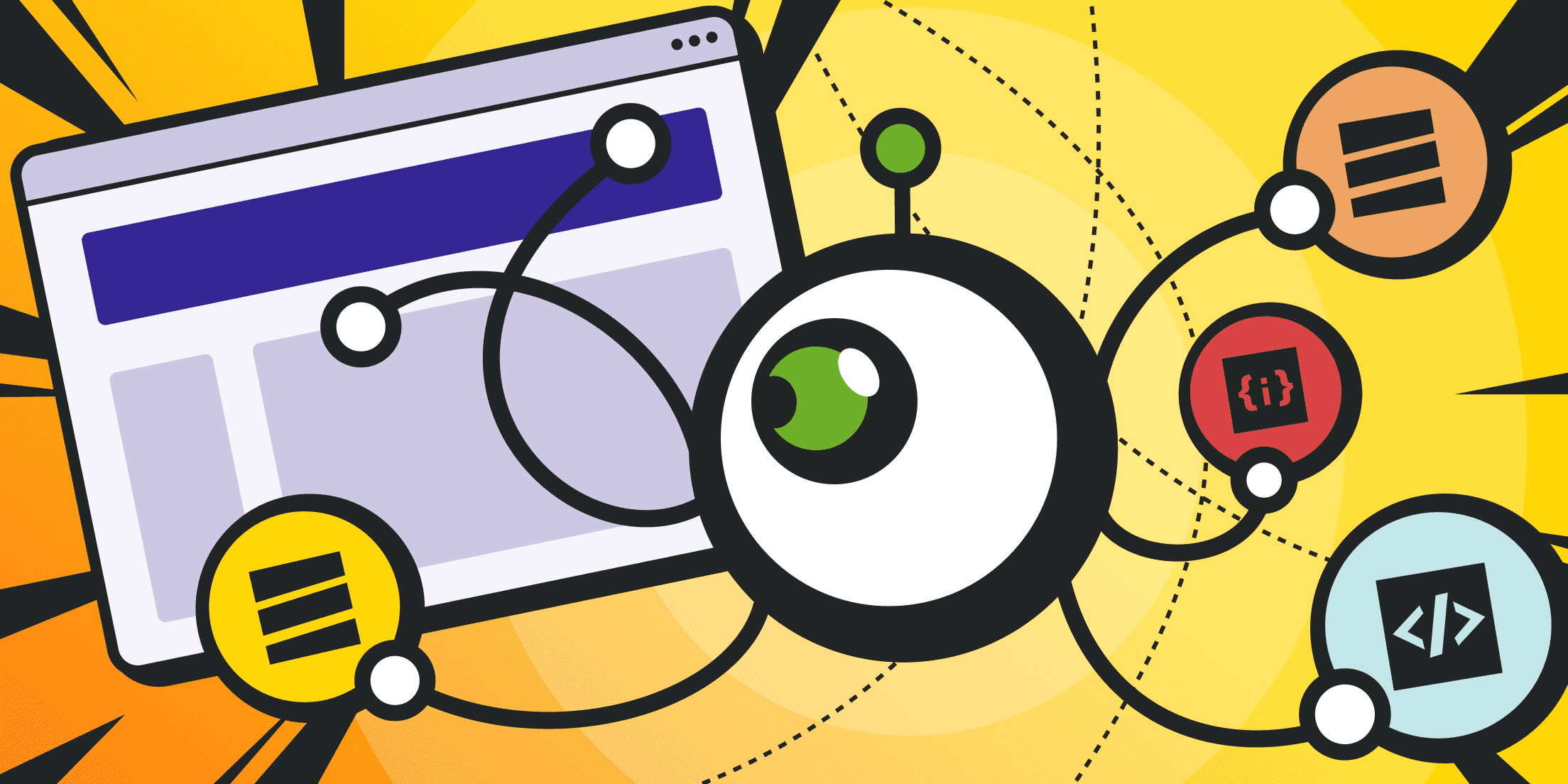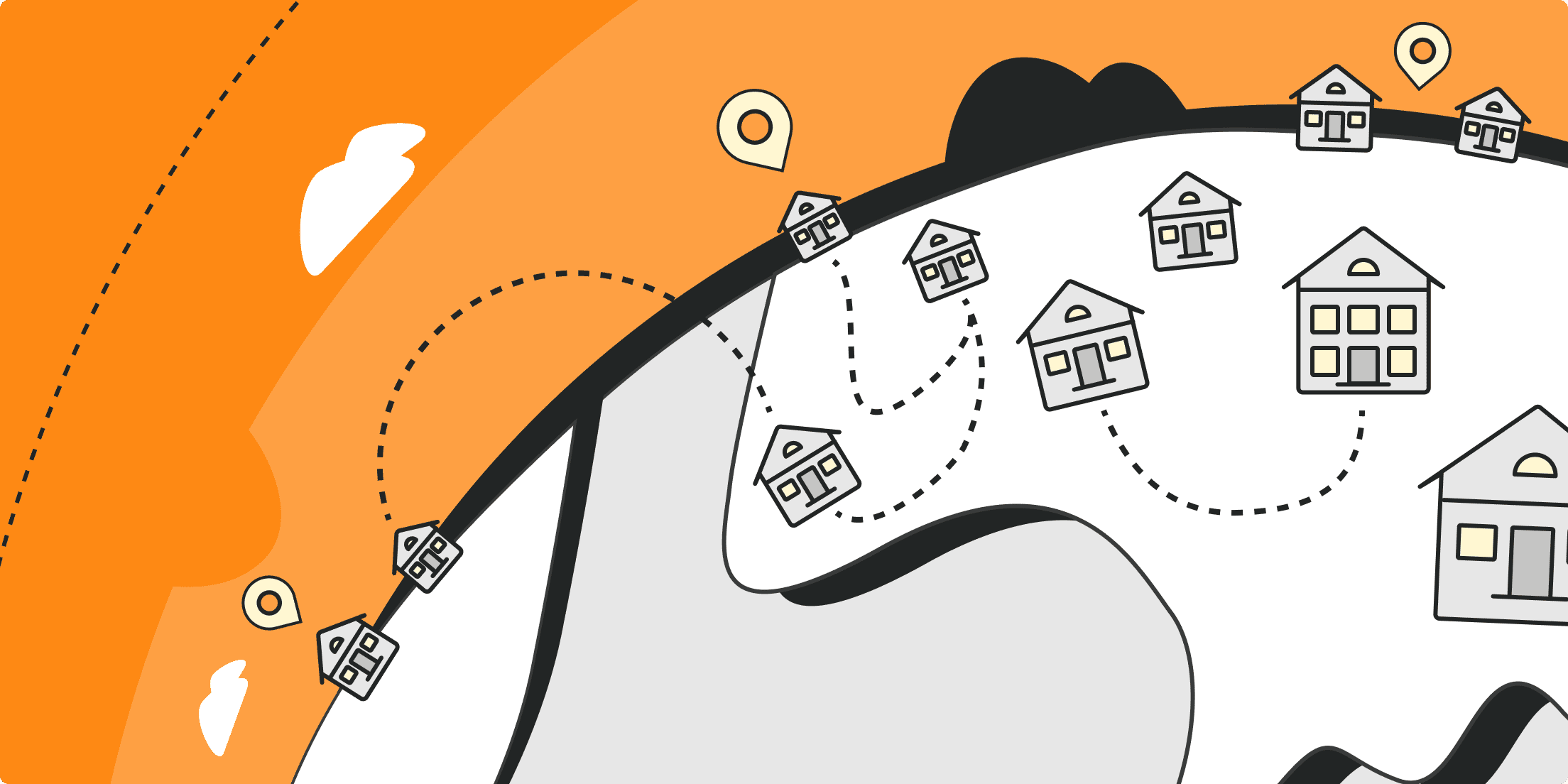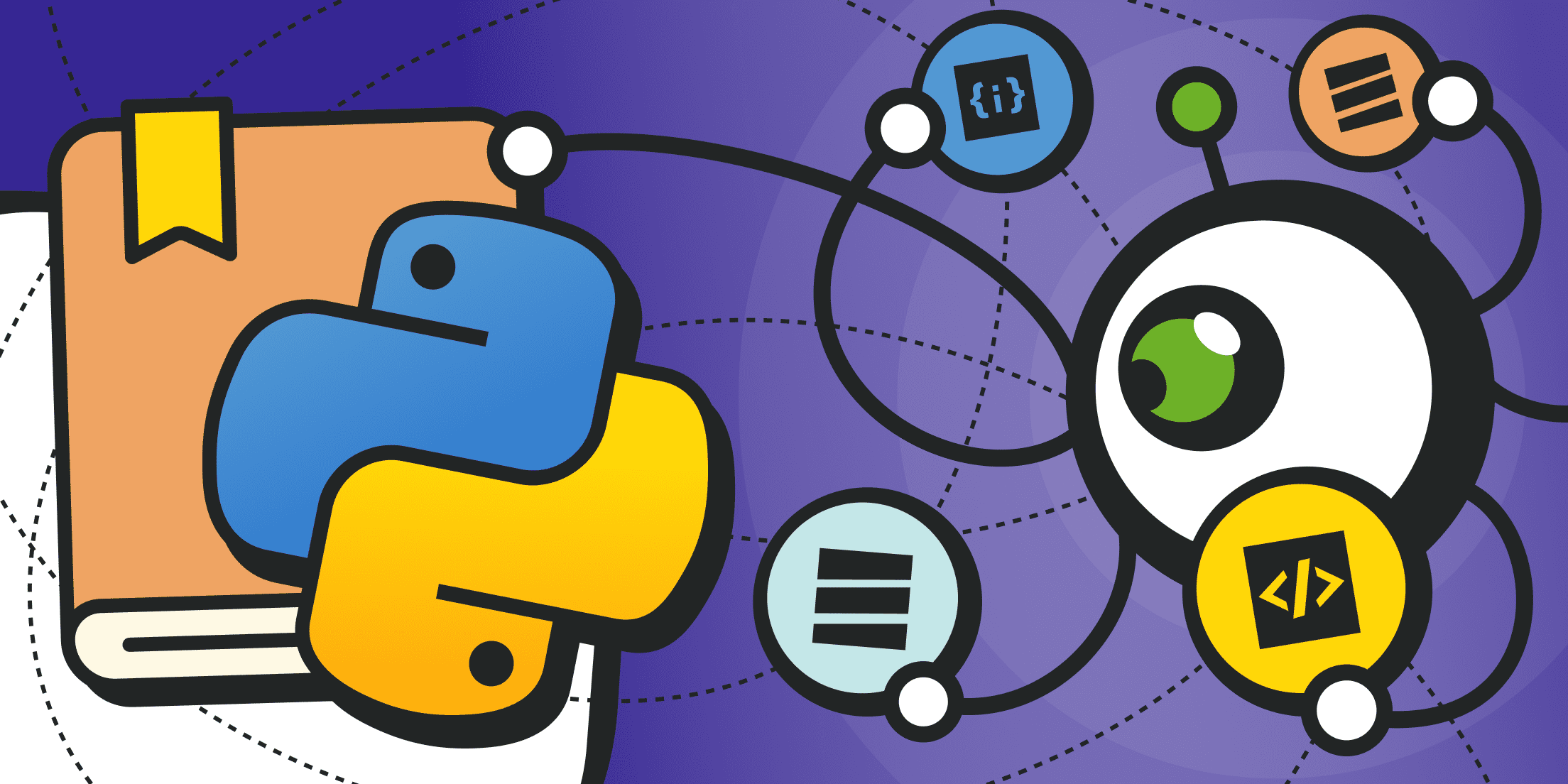Who owns the data, controls the world. Nothing has changed. The data on any modern website is what represents its main value. But how can this be related to your website performance or even just your business (even without a site)?
Using the information posted on websites of direct and/or potential competitors, you can get the most complete vision of the market in your niche: what exactly competitors sell and offer, how they do that, what their price rates are, whether they depend on location, in which regions sales are completed, where the offices are located etc. Similarly, the data can help solve any other problems. Let’s discuss that further.
What Is Parsing?

Data parsing is the process of automated conversion of disparate and unstructured data from one or several sources at once into a single form that is convenient for further work in your interests or in the interests of your customer/client.
The so-called “parsers” are responsible for automating data collection. What are they?
A parser is a program that can read data posted on websites or in any other form from various sources, including files on a local or network drive/storage. It can also clean them from unnecessary information, isolating necessary data and saving it in a more convenient form suitable for further work and analysis.
There can be an infinite number of data formats, but the data parser program must be able to work with those formats that present the required info.
It goes without saying that HTML markup is always used when working with search results and when analyzing websites (personal or competitor sites) in general. Accordingly, a parser that analyzes HTML pages must be able to find the required tags and save the information they contain.
Web parsing is also known as web scraping. It seems that the fact of the publicly posted data implies that it will be used by an unlimited circle of people. No one should violate any rights and licenses while parsing. However, that’s not quite right as much depends on the legal issues that relate to the protection of personal data in a particular country.
How Parsing Works
If you focus on web parsers only, then everything happens simply here. The program connects to the target server - just like any modern browser. It is even frequently represented as one of them, such as Google Chrome or Mozilla Firefox, for example, and may even include the components of such web browsers in order to "see" the web page content, as any other users do when visiting the pages.
Technically, however, any website page comprises a set of HTML tags that come with the content the parser needs: images, video, text etc.
According to the data parse meaning, it scans the structure of an HTML document and extracts the required blocks in it. It saves the data from them in its database and then proceeds to the next page.
If the parser does not have a list of target pages, then it can get them automatically - when bypassing all the website links. Moreover, the parser can be taught to bypass not only internal links tied to one specific domain, but all external ones as well. This approach will be more logical for the analysis of web projects with complex structure, in which the data can be spread over several interconnected websites.
Here is a simple example, where the information with the item position on a page with products is enclosed in a tag:
<div class="productCardTitle">Title here</div>
The price for it is hidden inside the tag:
<div class="data-offer-id">Price in numbers</div>
Accordingly, the parser can decompose the entire HTML code into separate tags and save only the name and the price directly to its database.
Similarly, it is possible to provide diverse parse data meaning options: product group name, related offers, product characteristics, its images, descriptions, reviews etc.
The final set will depend on the tasks and goals of the parser only.
This is what website data parsing means.

It should be noted, though, that other parsing methods can be used along with direct (syntactic) parsing of HTML documents:
- Based on text analyzers (with the search filter by masks and templates);
- Based on the analysis of the DOM structure (used to work with dynamic content);
- Based on the semantic markup (when using special metadata);
- Based on complex web page analyzers. These may include artificial vision systems (to recognize images, videos and their content), AI bots etc.
What Is Parsing for?
While the parsing mechanism is approximately clear, you need to deal with the goals then.
Scraping is used not only to collect competitors' prices. Tasks can be numerous. For example, all search engines also complete a kind of web page parsing. Special crawlers are responsible for this process (also known as web robots or scanners).
So, what does it mean to parse data? Listed below are a few ideas:
- Collection and personalization of contact data. This is how databases of emails and phone numbers for mailouts are collected (this is frequently done for spam mailouts, but there may also be quite legal mailouts with permission requests);
- Analysis of personal websites. For example, to search broken links, detect errors in the layout, define empty meta tags and incorrect redirects, check server response codes etc.;
- Analysis of competitors’ SEO strategies. Along with scanning and detecting key queries, this may also include the analysis of structural elements, obtaining overall search engine ratings, collecting a link base (external and internal), checking the semantic structure etc.;
- Search for contacts and other info to form the core of your audience. For example, collecting data in niche forums, detecting interests and hot topics, creating a portrait of a potential client etc.;
- Compiling a semantic core for your website. Collecting key phrases and queries from special Google services, checking the positions for these queries in search engine results (including those with reference to the required locations), analyzing the frequency of input in the direct or general form (with direct and indirect entries), searching similar queries etc. Collection of hints from search results is possible here as well;
- Fast content uploading to websites. This is not the best approach, of course, but this is how it goes. Many people use website parsing to try closing the “emptiness” of pages in their projects. You can either spend years creating unique content or you can take the required info from a direct competitor in a few minutes only to further remake everything for yourself;
- Checking the quality of advertising campaigns. For example, when you entrust the work with contractors and expect your ads to be shown to a certain target audience on specific resources. Direct scanning, however, may indicate quite opposite things. Parsers will help identify and fix errors, show a real picture of performers’ work etc.;
- Analysis of reviews and acceleration of reaction to negative factors. This will be relevant for large and famous companies that use SERM (reputation management). Any mention on the accessed resources can be tracked. A brand representative will immediately appear in the comments to solve the problem. Such parsers can track not only direct entries, but also a huge pool of synonyms, like “the same green bank” sample;

The most common scheme, however, is the parsing of products and catalogs of competitors. The goals are trivial: to compare the assortment, price rates, presence areas, sales parameters as well as to respond to new arrivals, identify interesting promotions etc.
The most interesting type of product parsers is sneaker bots. We have already reviewed them before here: What Is a Sneaker Bot?
How to Parse Data
Now that you are aware of the general parse data definition, pay attention to the programs that are generally used for this purpose.
Parser Types
Such programs can work as stand-alone software (that is, they are installed on your PC or on a server) as well as web services (that is, with a ready-made infrastructure and API or just with a web interface).
Connection to the target website (or websites) can be made directly, on behalf of your PC/server, or indirectly, usually through a proxy server network.
Parsers can be universal or specialized. For example, the above mentioned sneaker bots can only work with the websites of original sneaker manufacturers. Software such as Key Collector completes a broad range of tasks, but all of them are related to SEO: stats parsing, analysis of counter data, search results parsing, work with search engine XML limits (via API) etc.
Universal scrapers can be configured to search and save any data available on website pages.
Problems One Can Encounter While Parsing
To avoid legal issues, website owners mostly choose a simpler option - they protect their resources on their own.
Special monitoring and connection blocking systems are generally used for this. They can analyze user behavior and the number of simultaneous sessions, check the availability of JS support ( which should be included in any modern browser) etc.
There are also more complex anti-fraud systems. They can analyze hundreds of different features literally on the go.
If the signs of unauthorized bot (parser) connection are detected, the program blacklists their IP addresses. Accordingly, website access for these IP addresses is blocked. IP blocking is the simplest and most effective method. After all, a hacker will eventually run out of IP addresses…
In reality, though, each protection system has its own bypass option.
Proxy servers are this very option.

This is how the parser protection system will look like:
- Since the analyzed site can contain thousands of web pages, their scanning/bypassing can take much time. It makes sense to launch several parallel flows at a time;
- Let the parser run on a PC or on a server that has a unique IP address - A;
- Instead of a direct connection, the parser uses a long list of intermediary servers (proxy list). Each proxy has its own IP address - B, C, D, E etc.;
- The longer the proxy list is, the more simultaneous flows you can run. If the proxy pool is very large, then each individual request can be sent from a new IP address;
- To make the anti-fraud system work and detect the fact of automatic parsing, it needs to analyze several requests from the same address. Each protection system has its own limit;
- If the requests are rare, however, and come from different IP addresses, then the anti-fraud system is unlikely to detect them. Accordingly, this won't work;
- Even if individual proxy IP addresses are blacklisted (let it be B and D, for example), they can easily be replaced with new ones that come next in the list;
- The source IP address of the parser (A) does not appear anywhere in this case, so the program can keep working without any problems.
Mind an interesting issue, by the way: in order to further reduce the effect of sanctions (blacklisting), it makes sense to rotate the proxy during a short period of time. For example, once in a few minutes (or in an hour - this will depend on the protection mechanisms on the analyzed website).
Please note that blocking of individual IP addresses also has other weak points. For example, you can’t just take and block any IP. This may eventually cost you more in some cases.
A simple example is the addresses of mobile operators. Since there are very few IPv4 left in the pools of operators, they have to “hide” an entire subnet of subscribers behind one address. If you try to block such an IP, you can lose hundreds of real clients instead of one connection.
That is why, the addresses of mobile operators are blocked either very selectively or for a short period of time to avoid unnecessary problems.
That is why mobile proxies are the most reliable compared to all other proxy types.
You can find out more about the pros and cons in this article - How Mobile Proxies Work and How to Use Them.
Residential proxies will also be interesting for bulk parsing. Read more about them here: Residential Proxies: Special Features and Advantages.
Summary and Recommendations
Parsing is neither bad nor good. Any parser is just a tool that can be used both for good and bad tasks. The major data parsing meaning implies an attempt to automate the collection and systematization of specific information. Websites are analyzed during parsing - either personal or those of competitors.
To bypass the limitations of protection systems, it makes sense to use proxy servers along with the parser. Mobile proxies are the most reliable in this respect. Residential proxies are close in terms of functionality and reliability, but they are still slightly inferior to their main competitors.
Froxy offers the best mobile and residential proxies.
- Over 8 million IPs with rotation option;
- Up to 1000 simultaneous connections;
- Location choice up to the city and communication provider;
- Global coverage (almost all countries and regions of the world);
- Payment for traffic packages;
- API and ready-made integrations, opportunity to upload lists in a convenient format.




